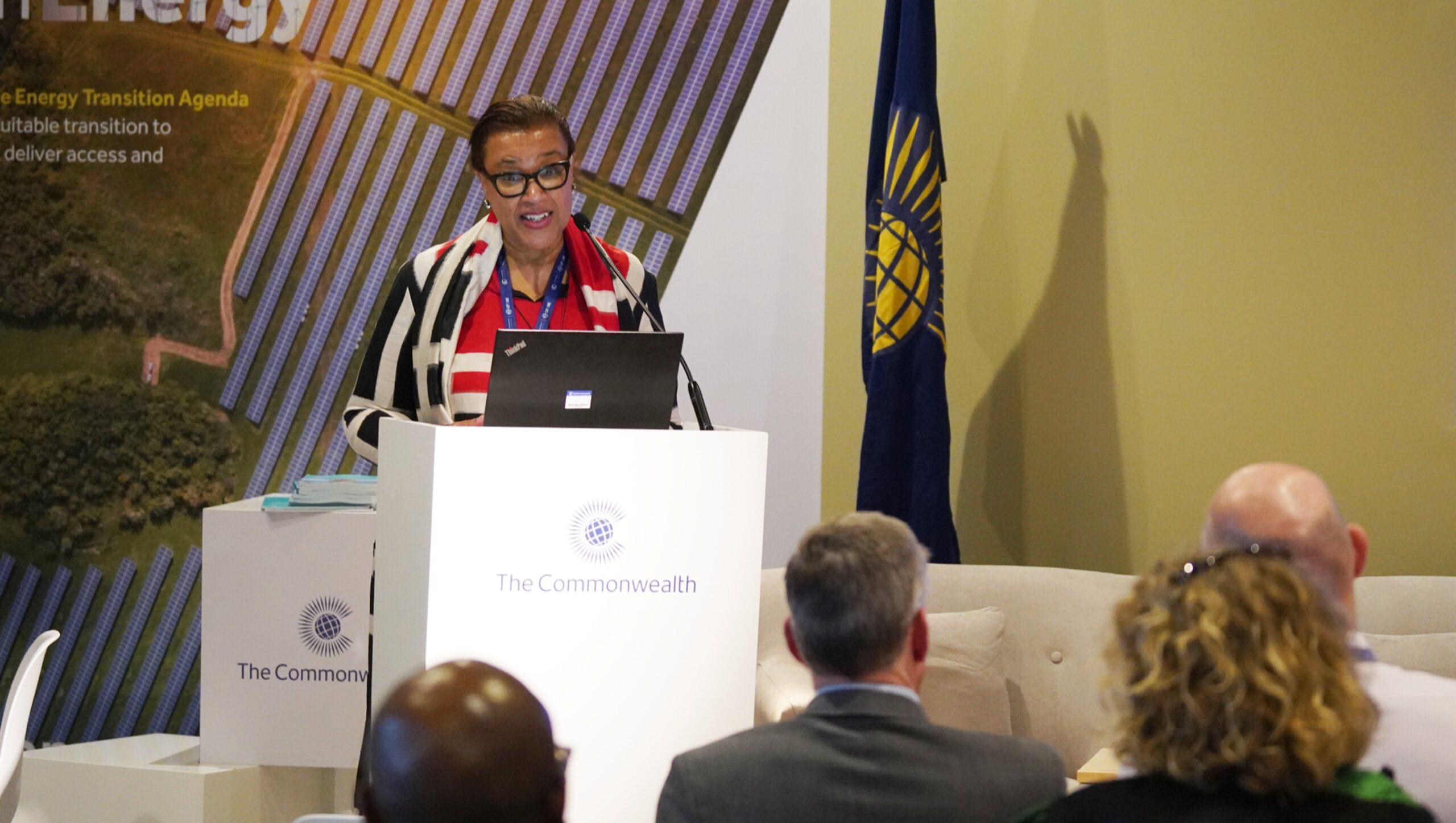Environment
Commonwealth launches pioneering Carbon Tax Model Law to combat Climate Change
A groundbreaking model law, unveiled today by the Commonwealth Secretariat, is set to assist nations in the implementation of a carbon tax—a crucial step towards curbing greenhouse gas emissions and aligning with the Paris Agreement’s imperative of limiting global warming to 1.5°C.
Unveiled during a high-profile event on December 6, 2023, in Dubai, United Arab Emirates, amid the United Nations Climate Change Conference (COP28), the Commonwealth Carbon Tax Model Law operates on the ‘polluter-pay principle.’
This innovative legislation facilitates the imposition of a readily manageable carbon tax, targeting fossil fuel companies and industrial emitters. The deliberate focus on these entities ensures that a substantial portion of emissions in most Commonwealth countries is subject to taxation.
Governments and legislators across the 56 Commonwealth countries are encouraged to utilize this model law as a foundation for crafting new legislation or adapting existing statutes. This tailoring process should align with their unique local circumstances and national climate plans.
Implementation of the carbon tax framework articulated in the model law promises a multifaceted impact, aiding countries in reducing carbon emissions, attracting investments for clean energy, bolstering government revenue, and fulfilling their commitments under the Paris Agreement.
In launching the model law, Commonwealth Secretary-General, the Rt Hon Patricia Scotland KC, emphasized the critical role of carbon taxation in realizing the net-zero carbon emissions target outlined in the Paris Agreement. Expressing concern over the inadequacy and sluggish pace of current global climate action, she underscored the urgency of adopting more robust measures within the narrowing window for effective intervention.
Scotland stated, “Delivering the Paris Agreement remains humanity’s greatest hope. But globally, current climate action is too weak and too slow, while the window for action continues to narrow. There is widespread agreement that one of the most effective ways to help countries meet the net-zero carbon emissions target of the Paris Agreement is carbon taxation. Considering the growing interest in this area and the need for a coordinated approach, this model law is a valuable resource for all 56 Commonwealth countries, as they seek to avoid the worst effects of climate change and introduce policies for a more sustainable and prosperous common future.”
To ensure an equitable transition, the model law incorporates provisions for assessing and mitigating the impact of the carbon tax on low-income households and other vulnerable groups. This is achieved through regular impact reporting, stakeholder engagement, and directing generated revenue towards supporting clean energy initiatives for low-income households.
The Commonwealth Carbon Tax Model Law stands as the latest addition to a series of model laws initiated by the Commonwealth Secretariat, exemplifying the organization’s commitment to fostering sustainable and resilient societies.

































